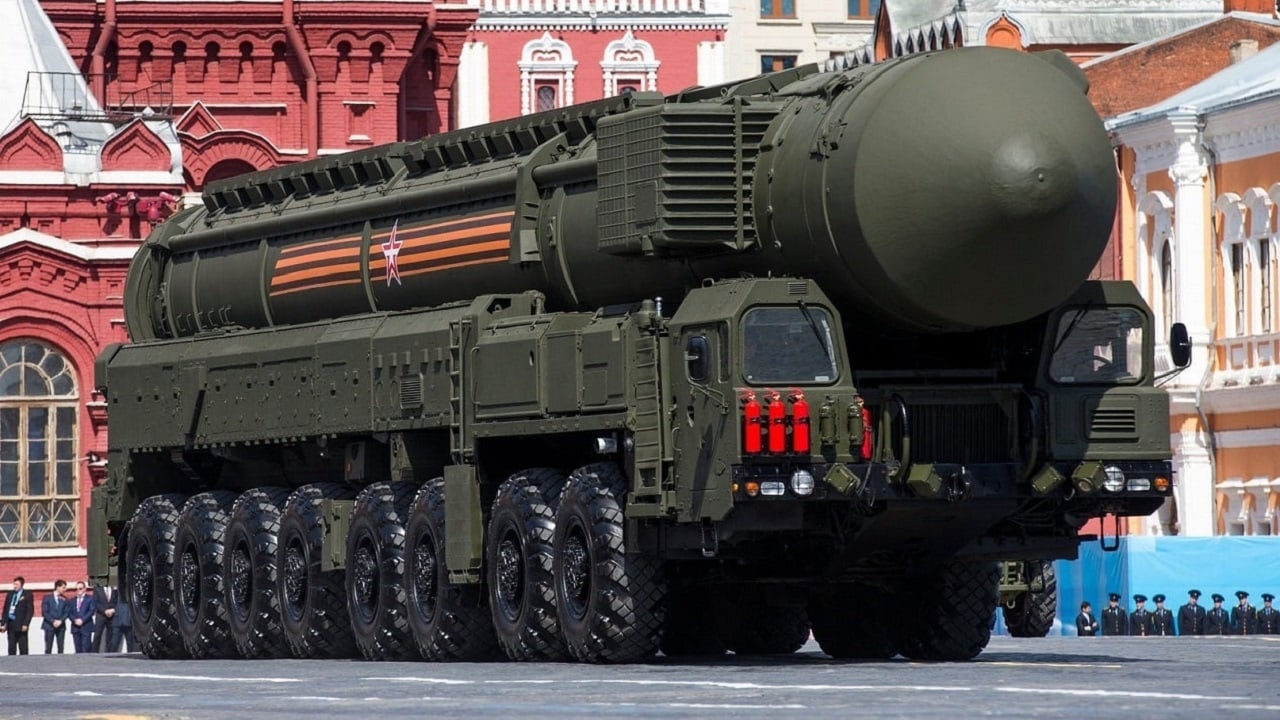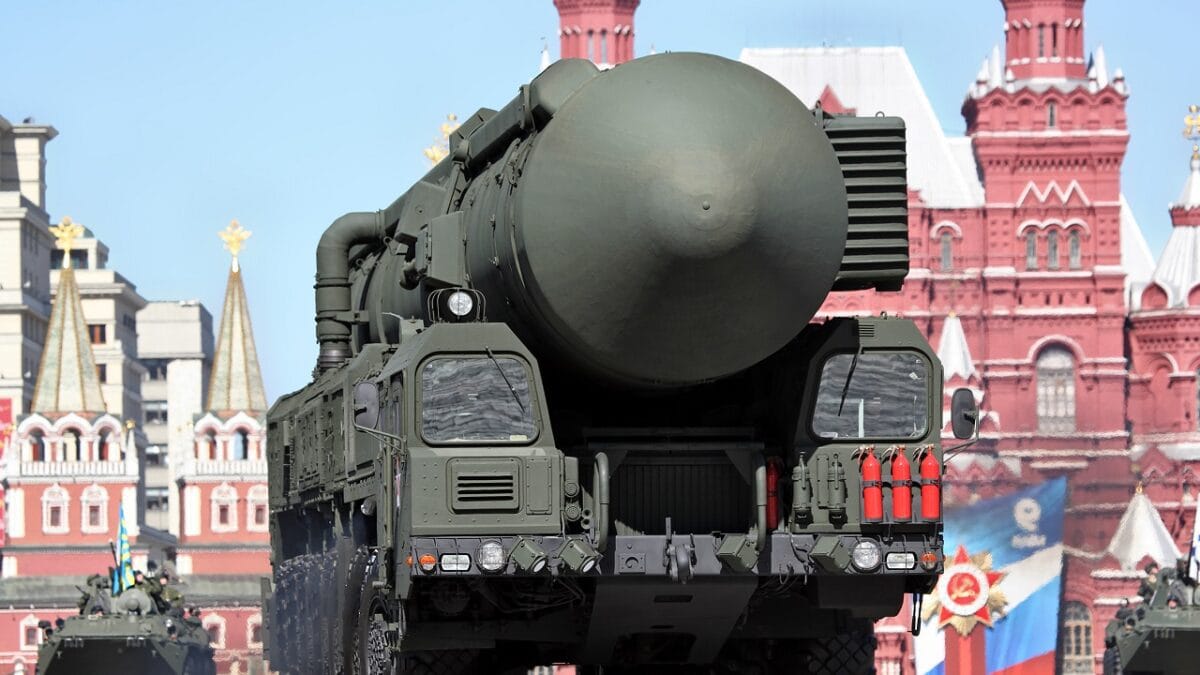Harry Kazianis

The press these days is mad about one question regarding the war in Ukraine: would Russian President Putin dare use nuclear weapons? And as crazy as this sounds, we will find out soon enough if the Russian leader is truly bluffing or not.
Tomorrow the Kremlin is set to annex parts of Ukraine that conducted a sham vote to join the Russian Federation. Putin, in the past, has said that any part of Russia – or what Moscow considers part of Russia – that comes under attack means Moscow will respond. That could mean anything and up to the use of tactical nuclear weapons.
No doubt this is a subject here at 19FortyFive we have been debating and analyzing for several days now, reaching out to top-tier experts for their analysis and expertise on this issue. We asked four specific experts for their ideas on this issue and how Putin will respond in the coming days.
Our specific question for these experts: What happens if Putin uses nuclear weapons in Ukraine? Here is what they told 19FortyFive:
Mark F. Cancian, Senior Adviser, CSIS: “If the Russian use of nuclear weapons were confined to Ukraine, it is unlikely that NATO would support using nuclear weapons in response. The European nations would be terrified of escalation onto their territories, and President Biden has repeatedly signaled a reluctance to “start World War III.” Similarly, I doubt that NATO would use conventional forces either in Ukraine or against vulnerable Russian territory like Kaliningrad because of the same concerns about escalation.
Instead, I think NATO would respond with other tools. Diplomatically, NATO would further isolate Russia, perhaps forcing India and China to stop buying Russian fuel. Militarily, NATO would increase the flow of equipment to Ukraine, assuming they were still resisting. NATO would remove any restrictions on the use of this equipment and supply other capabilities such as ATACMS that could strike the Russian homeland. NATO, but especially the United States, would also move additional troops and air defense capabilities to Eastern Europe to reassure and defend those allies.”
J Andrés Gannon, Stanton Nuclear Security Fellow at the Council on Foreign Relations: “I expect NATO to engage in a strong conventional military response aimed at curtailing the Russian offensive and helping Ukraine regain control of territory lost since 2014. NATO is unlikely to use nuclear weapons because similarly-sized tactical nuclear weapons are not a strength of the Western arsenal, nor would they provide much strategic utility.
Conventional retaliation could try to escalate the conflict enough to impose significant costs on Russia, hoping to deter future nuclear use by them or anyone else, while not escalating so much that Russia feels they have nothing left to lose.
The open questions remain whether NATO would attack Russian territory (unlikely) and what counts as Russian territory (Crimea remains ambiguous).”
Ambassador (ret) Melvyn Levitsky, Professor of International Policy and Practice, Gerald R. Ford School of Public Policy, University of Michigan: “I believe the use of nuclear weapons by Russia is highly unlikely.
The Cold War doctrine of Mutual Assured Destruction, although not as explicitly stated as during the Cold War, continues to hold today to ensure that none of the nuclear powers would risk using nuclear weapons. Russia’s use of even a small tactical nuclear weapon makes no sense. Radiation from such use would affect Russia’s own troops in the Donbas region and spread to Russia itself.
There is a danger of the “caged tiger” syndrome in which Putin would try to use nuclear weapons out of self- or regime preservation, but I think that others in his group would intervene in such a case.
That said, it is important — as the Biden Administration has reportedly made clear to the Russians — that the Western governments remain resolute in their commitment to respond vigorously by any means to such use.”
Lasha Tchantouridzé, Ph.D. Professor, the Graduate Programs in Diplomacy and IR Norwich University: “Russia is very likely to use a nuclear weapon in its current campaign, but it is unlikely to be done in Ukraine itself. Instead, Moscow may find a more convenient target in Europe.
The president of Russia has at least three options. One, Russia can resort to a high-altitude detonation. This way, it can disable much of Europe’s infrastructure, including Ukraine. Two, it can launch a cruise missile against a sparsely populated area in Europe, i. e. one of Germany’s great forests, a remote part of Sweden, etc. Three, it can deploy a nuclear device covertly to a less significant NATO city, causing thousands of casualties and blaming Americans. NATO cannot do much in any of these cases.

Russian Mobile ICBMs. Image Credit: Creative Commons.
However, the United States will have a choice between a retaliation followed by many millions of casualties and an acceptance of whatever explanation Moscow may produce. The latter choice is much more likely for at least two main reasons: since 2008, Washington has largely accepted the Russian versions of events, and two, the American president is not likely to trade American cities to retaliate for an attack on an unknown European city the name of which most Americans cannot even pronounce.”
No comments:
Post a Comment